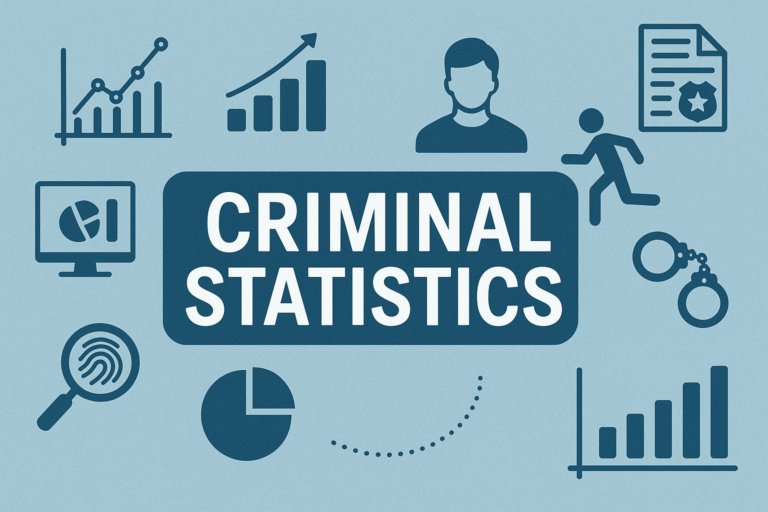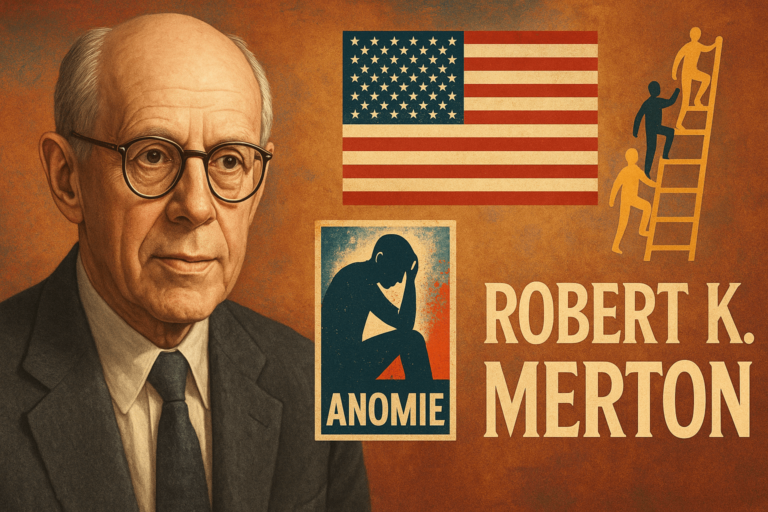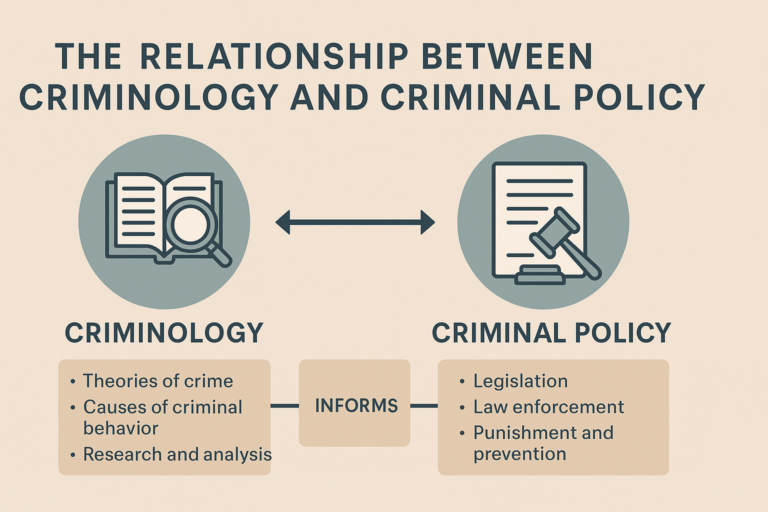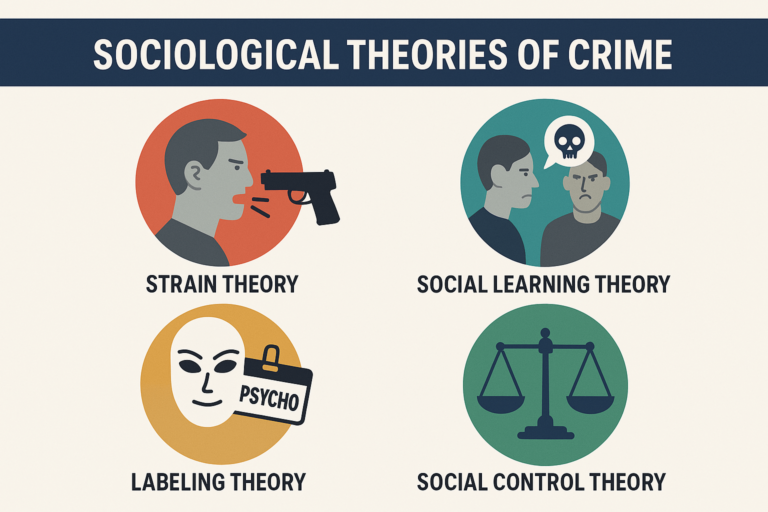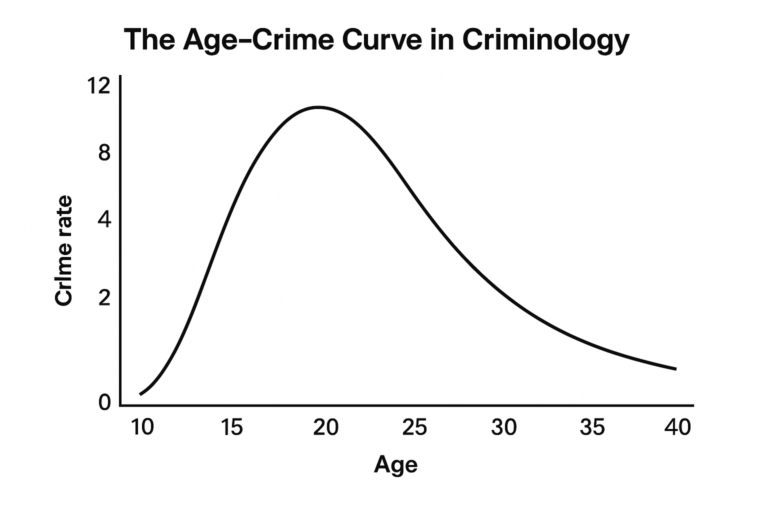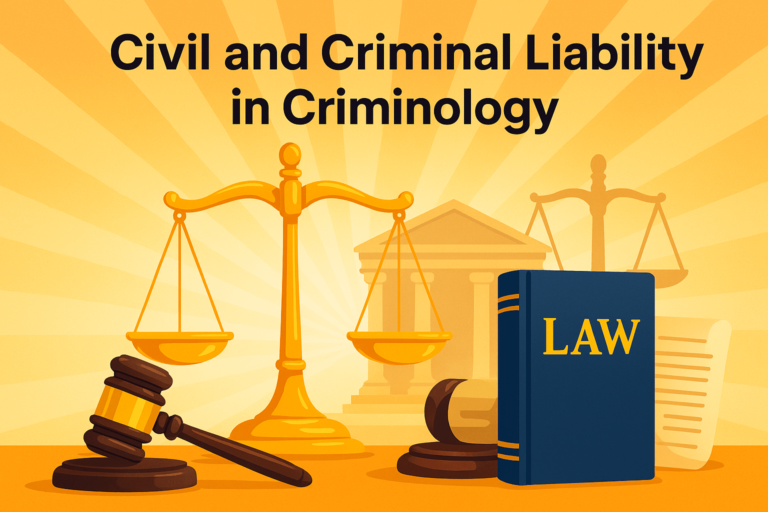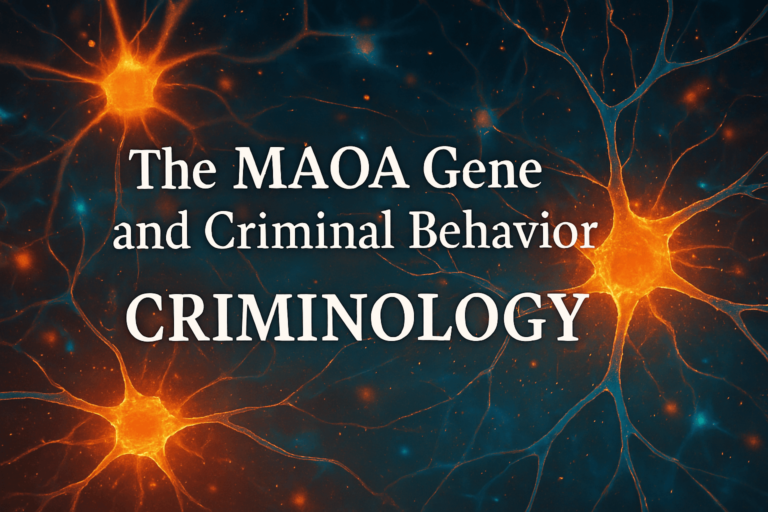Criminal Statistics: Understanding Crime Through Data
Introduction In an increasingly data-driven world, criminal statistics play a vital role in understanding, analyzing, and responding to crime. From law enforcement agencies to policymakers and researchers, the use of statistical data is essential for creating effective crime prevention strategies, evaluating criminal justice systems, and informing the public. Criminal statistics offer insights into crime rates,…

